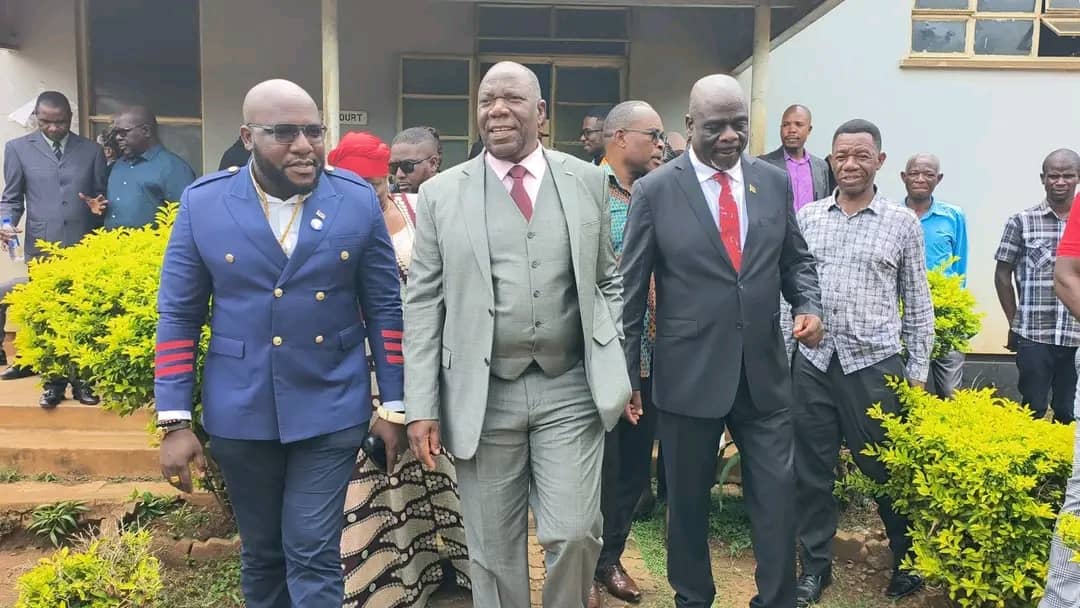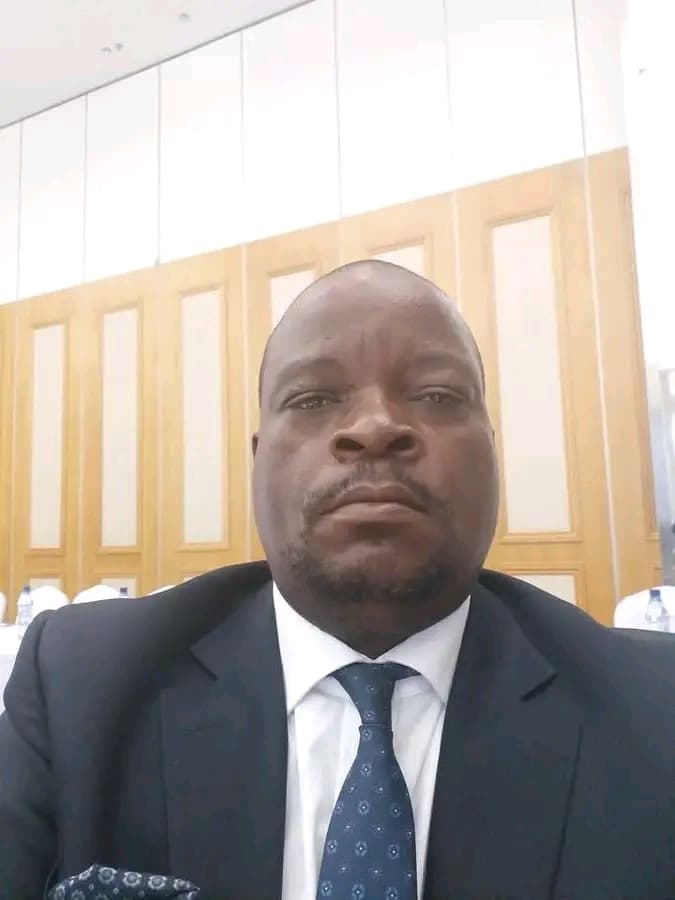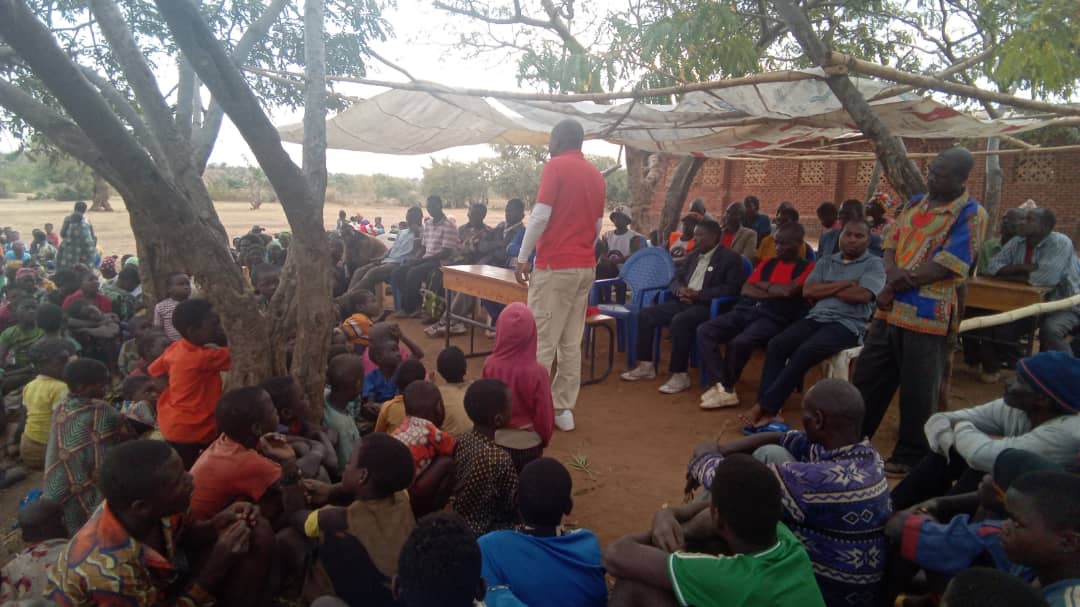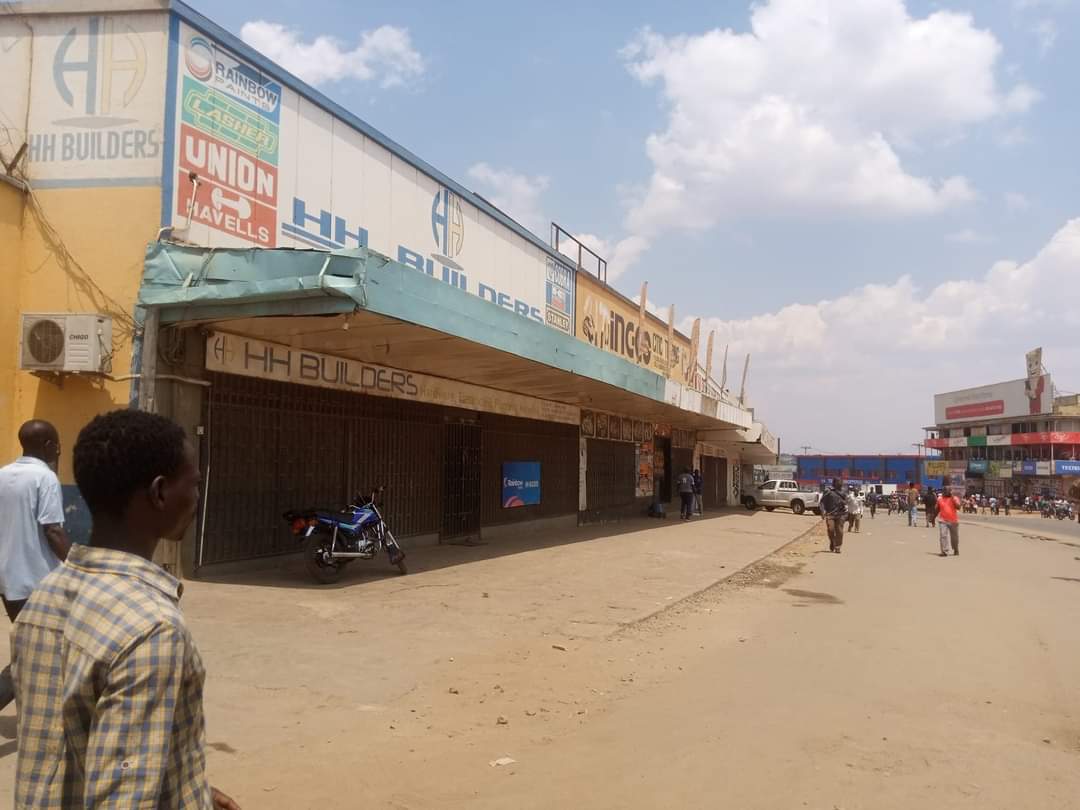By Twink Jones Gadama
The corruption case involving former Energy Minister Newton Kambala, Alliance for Democracy (AFORD) President Enoch Chihana, and former Presidential Advisor Chris Chaima Banda took a new turn on Friday as the Chief Resident Magistrate’s Court in Lilongwe adjourned the hearing to January 27.
The case, which resumed on Friday, saw the State presenting its third witness, Patrick Matanda, who previously served as Principal Secretary in the Ministry of Energy. During cross-examination, Matanda provided crucial testimony concerning fuel procurement contracts, highlighting that while Kambala had oversight over fuel procurement, his actions were required to adhere to legal frameworks.
Khumbo Soko, representing the defense, expressed satisfaction with Matanda’s testimony, arguing that it supported the defendants’ case. The State is expected to call its fourth witness, an investigator, as proceedings continue.
At the heart of the case are allegations that Kambala, Chihana, and Chaima Banda attempted to influence a public officer in the awarding of fuel contracts at the National Oil Company of Malawi (NOCMA), in violation of the country’s Corrupt Practices Act.
The Anti-Corruption Bureau (ACB) arrested the trio in August 2021, following an investigation into the contracts award process at NOCMA. The ACB alleged that Kambala attempted to influence NOCMA to award contracts for the 2020-21 fuel supply to Orxy, Finergy, and Trifugira Fuel companies.
Chihana and Chaima Banda were accused of aiding and abetting Kambala in his alleged attempt to influence the award of the contract to supply 40,000 metric tonnes of fuel to Finergy.
The case has sparked widespread interest, with many Malawians eagerly following the developments. The adjournment to January 27 has only added to the anticipation, as the nation waits with bated breath to see how the case will unfold.
As the trial continues, it is essential to remember that the accused are presumed innocent until proven guilty. However, the allegations against them are serious, and it is crucial that the truth is uncovered.
The case serves as a reminder of the importance of transparency and accountability in government. It is a test of the country’s judicial system and its ability to hold those in power accountable for their actions.
As Malawi continues to grapple with corruption, it is essential that the government and other stakeholders take concrete steps to address the issue. This includes strengthening institutions, enforcing laws, and promoting a culture of transparency and accountability.
The nation will be watching closely as the case against Kambala, Chihana, and Chaima Banda unfolds. One thing is certain – the outcome will have significant implications for Malawi’s fight against corruption.




